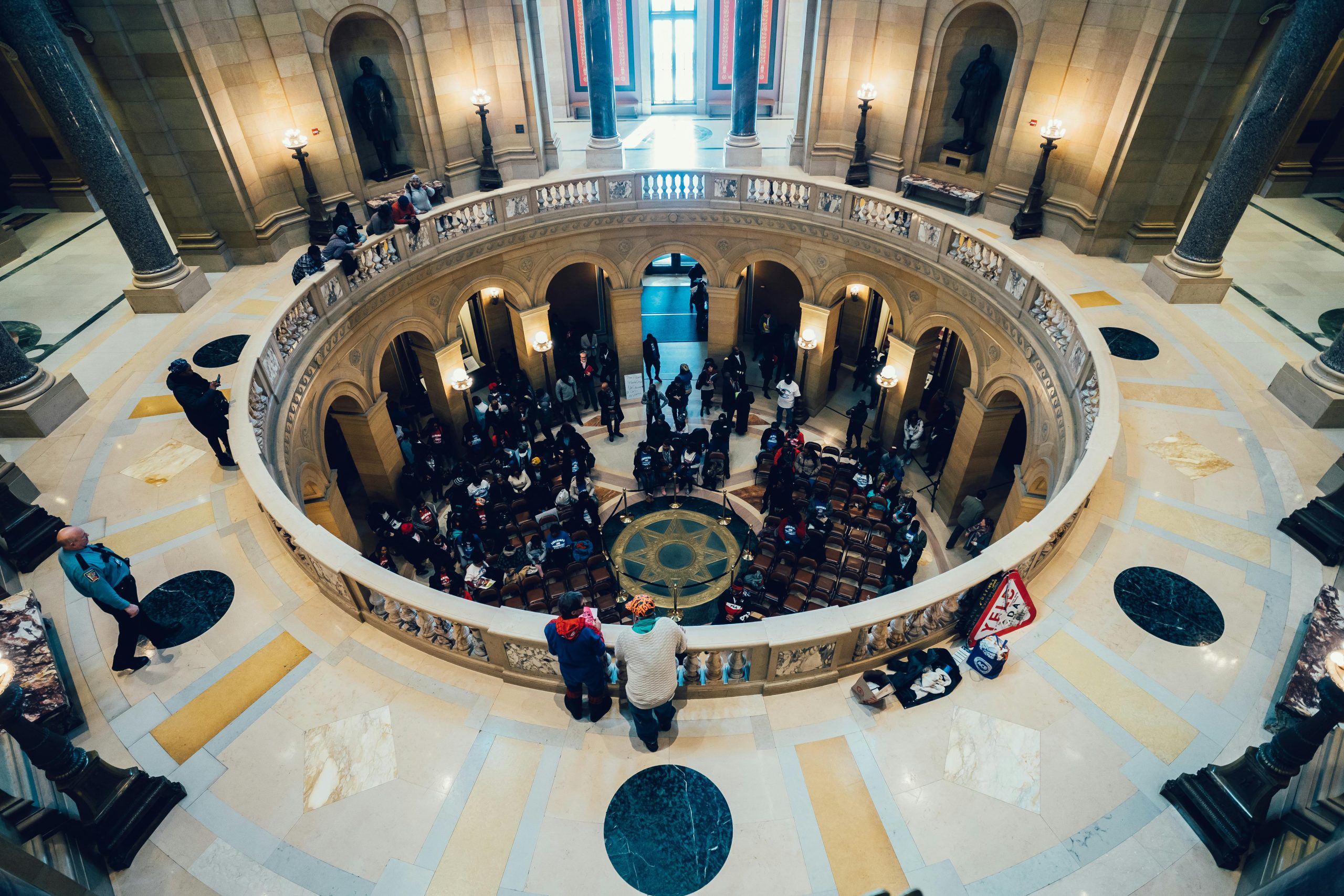Governor Maura Healey of Massachusetts has introduced a new rule that bans the use of non-disclosure agreements (NDAs) in employee settlement deals. This decision comes just ahead of a report from State Auditor Diana DiZoglio, which is expected to reveal important details about how the state has used NDAs in settlement cases.
The move is part of Healey’s effort to increase transparency in the state’s handling of legal agreements. She announced this policy on January 27, 2025, which clearly states that no NDAs will be allowed in settlements involving state employees under the executive branch. Healey’s office explained that this new policy is based on a year of practice in the executive branch since she took office.
The report from DiZoglio is expected to address how NDAs were used in settlement agreements across 75 state agencies. DiZoglio has already said that the audit will likely highlight problems with how these NDAs were used, especially because they can prevent important information from being made public. She has also mentioned that changes are needed in how the state handles such agreements.
Healey’s policy, which has been in effect since she became governor, stresses the importance of keeping the public informed. According to the new rules, any settlement agreements made with employees must not include NDAs. This is because NDAs can undermine public trust and go against the state’s law requiring transparency in public records.
The new policy not only bans NDAs but also strengthens how the state keeps track of settlement agreements. It requires agencies to publish their settlement policies, which will allow the public to better understand how these agreements are handled. While some sensitive information, such as personal details about employees, may still be kept confidential, the general idea is to ensure that the public has access to as much information as possible.
Before Healey’s announcement, DiZoglio had made it clear that her upcoming audit report would highlight serious concerns about how settlement agreements, especially those involving NDAs, have been used by the state. She had mentioned earlier in January that her report would focus on the need for reforms in how the state deals with such settlements.
Interestingly, when Healey was away at the Democratic National Convention in August, DiZoglio had already worked on an executive order that would ban NDAs in settlements with state employees. This shows that the issue has been a point of concern for both officials for some time.
The ban on NDAs in state settlements is expected to have a wide impact, particularly in restoring public trust. NDAs often keep details about settlements hidden, which can make people feel that the state is not being open or honest. With this new policy, Healey is making it clear that her administration is committed to being more open with the public and ensuring that taxpayer money is spent fairly.
The move also puts pressure on other state agencies to follow the new guidelines and make their settlement policies more transparent. It’s part of a broader effort by Healey’s team to clean up state government practices and ensure that everything is done with accountability.
The audit from DiZoglio and Healey’s new rules represent a step toward improving how state settlements are handled. Both officials are calling for better practices and more transparency to make sure taxpayers are treated fairly and that important information is not kept hidden from the public.
(Source : newsbreak.com)


 by
by 

